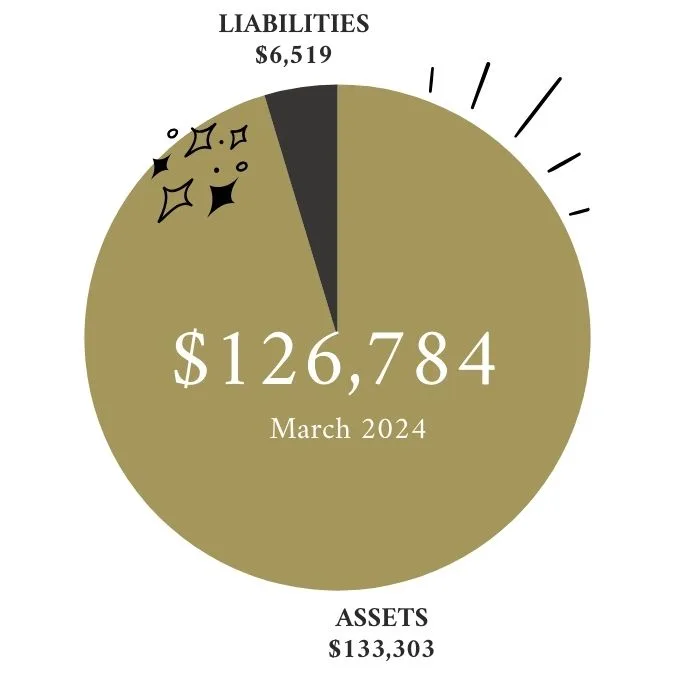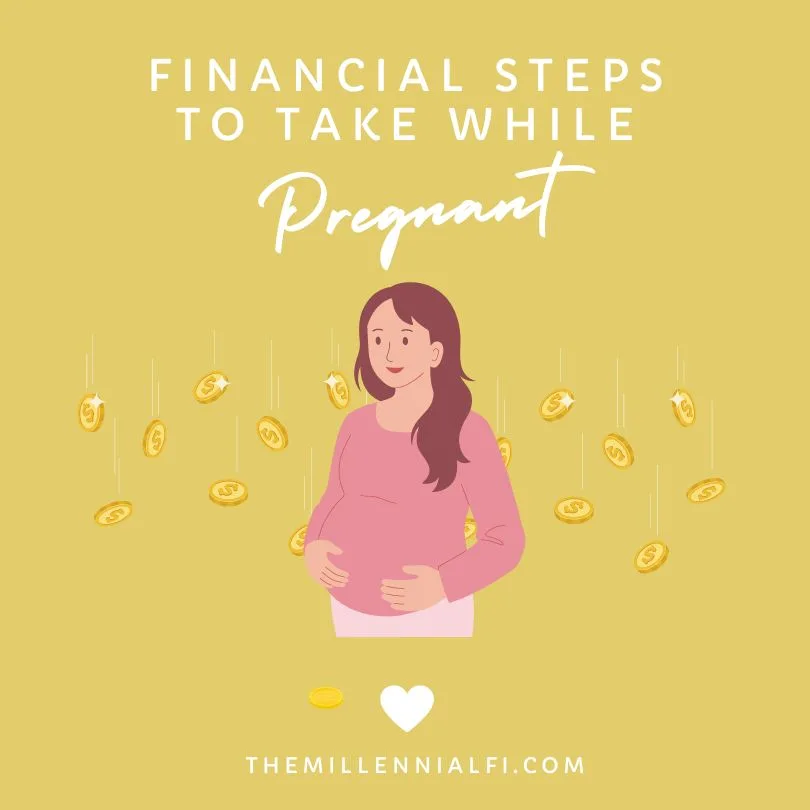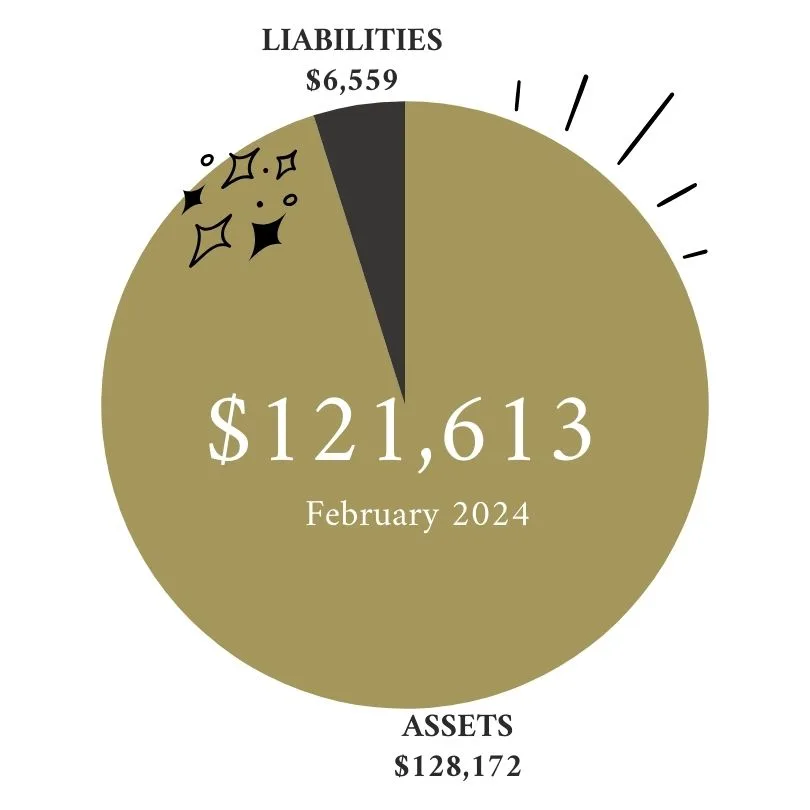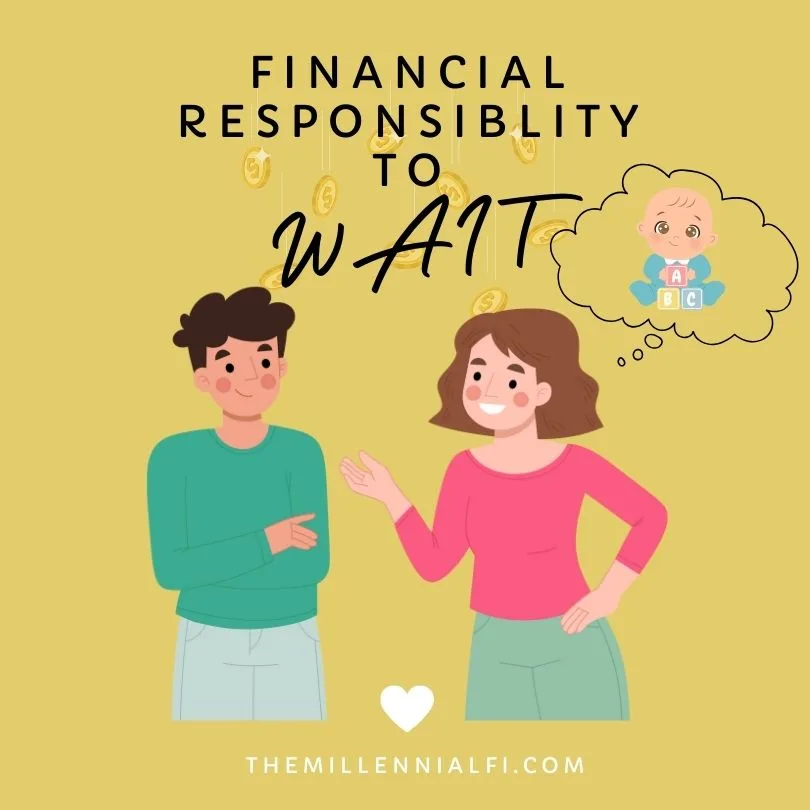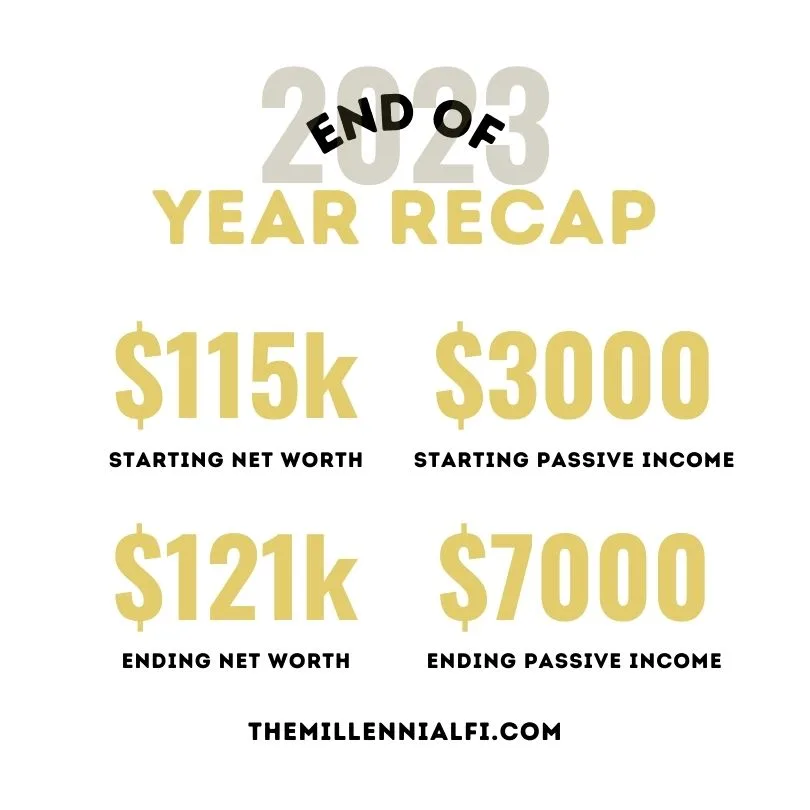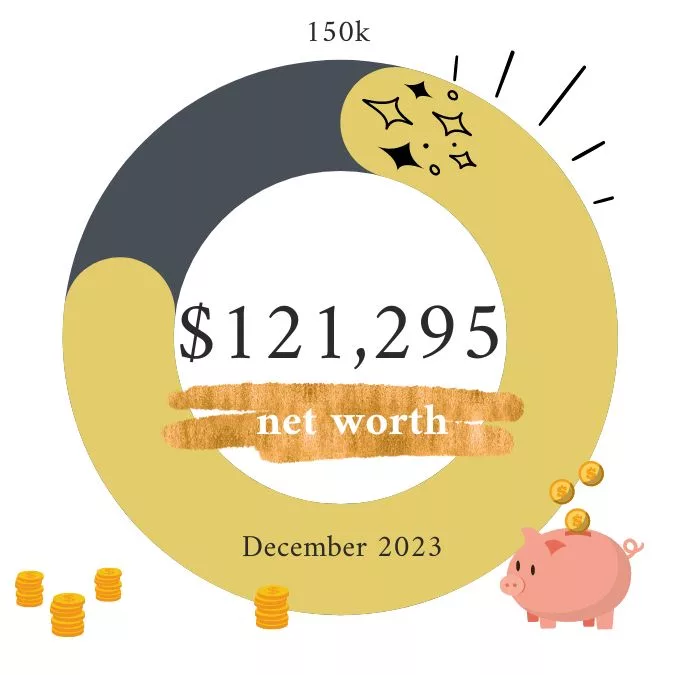The finance trap of emotions can be a vicious life-long cycle that hold you back. This post focuses on recognizing, working with, and controlling your emotional responses than beating them. An important thing many over look on their finance journey is their personal narrative and how the emotions it brings have significant impact in the long-run. Personal narrative is the story we tell ourselves about who we are, what we value, and how we make decisions. Trauma and challenges experienced at any point through our lives feed into this narrative. When it comes to money, our narrative can influence our choices by a range of emotions, including fear, greed, shame, and pride.
Let’s quickly address these common emotions.
Fear
Fear is a complex motivator and gate-keeper. It can trap us in a stasis state that sabotages ourselves and robs us of the life we could have lived, hence the finance trap. Sometimes we fear not having enough money or fear losing what we worked so hard for. Other times we fear making a mistake so we stop ourselves from even trying to save or invest. Allowing such fears to guide our choices can have devastating effects to the point that we experience analysis paralysis and never actually take action necessary to achieve our goals.
The only way to beat it is to recognize and work with it. It’s good to feel fear. It makes us stop and question our actions before we commit to them. Having this built in safety is great so long as we don’t let it control us.
If you often are fearful of money, your choices or the future. Try to have a conversation with yourself about why you’re fearful of such situations and what you can do to move past it. It may be that something is not actually a good choice for you and that’s completely fine. The most important thing is to listen to yourself and your instincts to determine if something is a real threat or if you can proceed cautiously.
Greed
This is a hard one. Greed in moderation is okay because it pushes us to do what we need to do to succeed. On the other hand, greed and quickly lead to excess and overconfidence. We may become more likely to take on excessive risk or make impulsive investment decisions.
Many of us fall into the greed trap of overspending, either because we want to impress someone or because we want to treat ourselves to something nice (instant gratification). Overspending leads to debt, which can quickly spiral out of control. Think this isn’t you? Nearly everyone has overspent on something in their lifetime. Top categories to overspend are commonly online shopping, groceries, and subscriptions due to their easy to acquire nature.
One way to beat greedy overspending is to go through a budget audit like the one I outlined here. Literally rebuild your budget and spending from scratch, cancelling everything that’s not a need and controlling overindulgence of wants.
Shame & Guilt
Similarly, feelings of shame or guilt around money can lead us to avoid talking about finances or seeking help when needed. This can create a cycle of financial stress and insecurity which has huge implications not only monetarily but on our mental and physical health in the long run.
We may feel shame after “treating” ourselves or over indulging in spending that quickly leads to hiding the purchases or money problems from others. Address why we respond like this is key to breaking the cycle and moving on.
Pride
Pride is a funny one. We can often feel pride in purchasing quality, luxury, or expensive items. If we place a high value on financial success and status, we may feel pressured to maintain a certain lifestyle or achieve certain financial goals, even if they don’t align with our true values and priorities. Pride that doesn’t align with our true life goals doesn’t last long and can lead to guilt or remorse, in effect creating a finance trap.
In order to overcome the impact of our personal narrative around money, it’s important to practice self-awareness and mindfulness. By recognizing our emotional triggers and developing healthy coping mechanisms, we can make more informed and intentional decisions about our finances. It can also be helpful to seek the guidance of a financial advisor or therapist, who can provide objective support and advice to help us stay on track towards our financial goals.
Some questions I ask myself when making financial decisions are:
- Am I sabotaging myself?
- What am I gaining/giving up?
- Is this fair to past/future me?
- Is this a want or a need?
- Why am I making this choice?
- What are alternative options?
Taking time to truly understand your money story along with how and why you approach money the way you do is important. The only way to beat the game by knowing yourself and finances (and also not thinking about the game, if you know, you know.)
One way I tricked myself into staying calm during downturns, such as the short dips in 2020 and 2022, was to remind myself the shares were on sale and that prominent investors were buying – not selling! Knowing future me will benefit greatly helped past/current me stay the course in my investment plan. I’m excited to see where the investments made over the last few years longs me 5 to 10 years from now.
Imposter Syndrome
Imposter syndrome goes hand in hand with our personal narratives and is a HUGE finance trap. It is a psychological phenomenon where an individual doubts their own abilities and feels like a fraud, despite evidence of their accomplishments and successes. It significant impact on our finances and career choices and up to 80% of people experience this at least once in their life. Why does almost no one talk about it?
Well depending on who you ask, some will be very open about their struggles while others will pretend it never happened. Societal narratives and stigma around mental health impact our ability to recognize, process, and move on from such struggles.
Personally, imposter syndrome is something I’ve dealt with since university. It comes from lack of parental acknowledgement and support of achievements as well as teacher’s shaming me for excelling above peers at a young age. Slowly, I’m learning to recognize the impact of past experience on my choices and how I value myself.
In terms of finances, imposter syndrome can lead to self-doubt and insecurity about our earning potential and financial decisions. For example, we may feel like we’re not qualified or deserving of a higher salary or better job opportunities, which can lead to settling for less than we’re worth. Alternatively, we may overcompensate by working longer hours or taking on more responsibilities than we can realistically handle. This often leads to burnout and further reinforced feelings of inadequacy. 🙋♀️ This was me for the last year! I’m taking steps to put a stop to it, such as pulling back on cross trained duties at work, saying no when I already have enough on my plate, and applying to better paid positions.
To overcome the impact of imposter syndrome’s finance trap and career choices, it’s important to recognize and acknowledge where feelings come from. It can be helpful to talk to a trusted friend, family member, or mentor who can provide support and perspective. You may be surprised just who else is experiencing the same thing! Additionally, developing a growth mindset, focusing on our strengths and accomplishments, and setting achievable goals can help build confidence and overcome self-doubt.
Seeking out professional development opportunities or additional training can also help build skills and boost confidence in our abilities. Finally, it’s important to remember that everyone experiences imposter syndrome at some point but doesn’t define our worth or value. It doesn’t have to create a finance trap.
A great place to start is by creating a list of achievement or things you have completed. This can be hobby based, educational, or career. Anything that’s important to you. Try to think of things you may have forgotten and jot those down as well. You may be surprised just how much you’ve actually accomplished already.
Want to read more about life experiences impacting our financial choices? Eric Ravenscraft wrote a great article on how poverty impacted their financial decisions long past increased financial stability and touches on imposter syndrome’s role.



